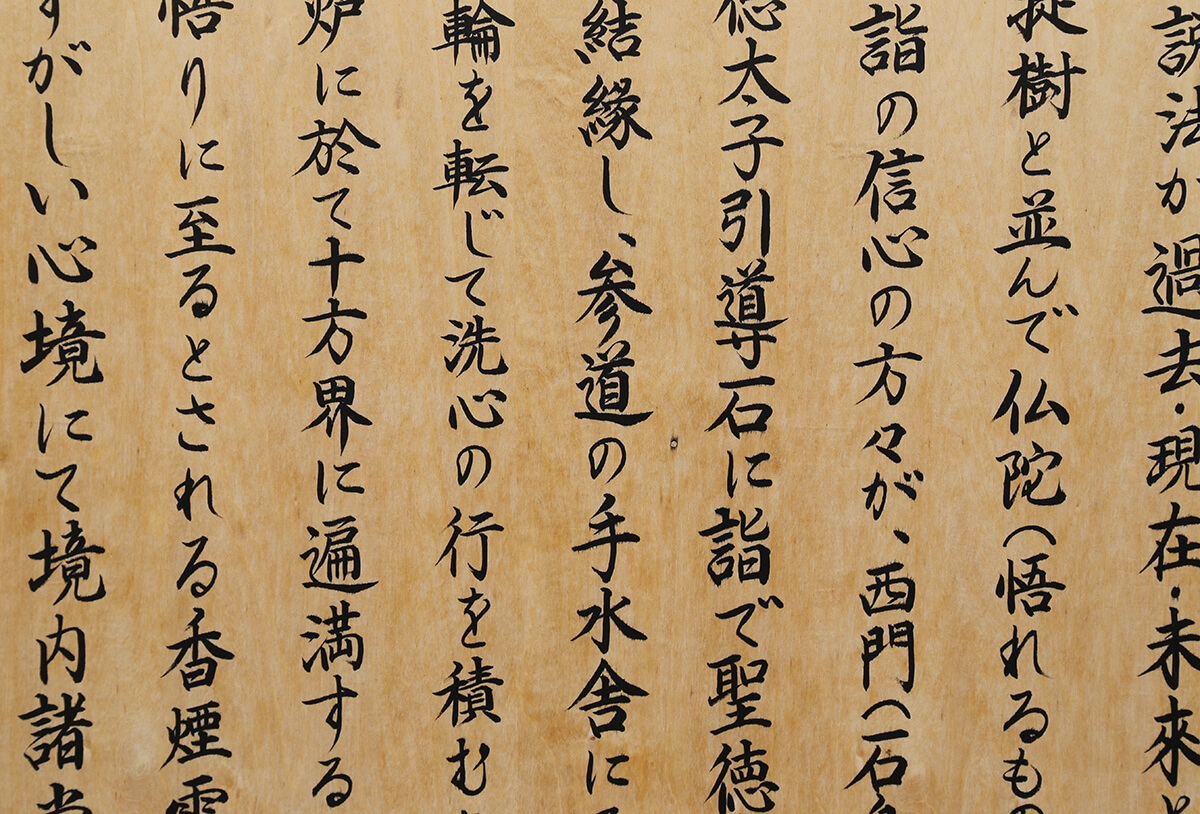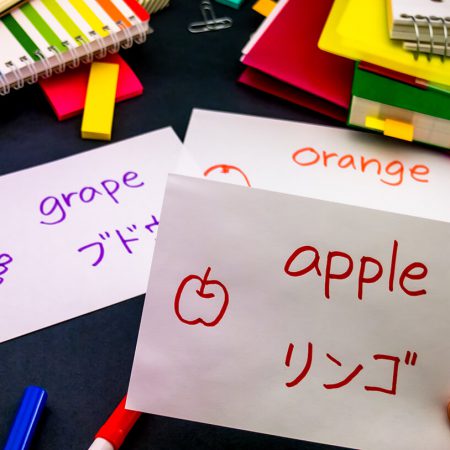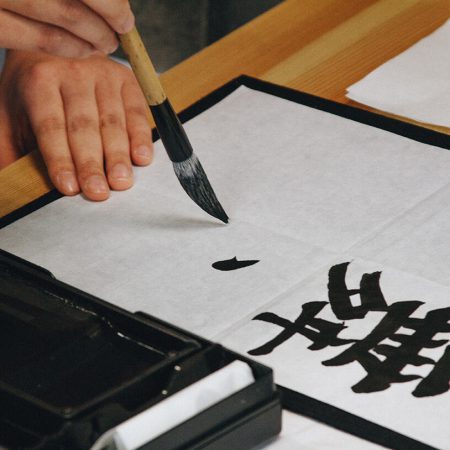Most Common Mispronounced Japanese Phrases and How to Pronounce Them

Whether you’re a foreign resident or visitor in Japan, familiarizing yourself with the proper pronunciation of Japanese words is essential when learning the language. Correctly pronouncing Japanese words helps you better communicate with the Japanese locals during your stay in the country. It shows that you have a good understanding of and are able to communicate using the local tongue. Plus, you are bound to impress the native speakers.
Table of contents
Most Common Mispronounced Japanese Phrases and How to Pronounce Them

Although taught adequately in language schools, some students and foreign visitors still manage to mispronounce even the most common and basic Japanese phrases and words. Also, today’s technological advancements allow people to quickly comprehend the meaning of certain Japanese words without having the need to use it. This leads to mispronunciation of phrases and words when used in conversing with Japanese nationals.
Mispronouncing Japanese words and phrases can cause miscommunication and embarrassment, for slight changes in the pronunciation of Japanese words can entirely change the meaning of the word. Some of the words are also part of other languages that correspond to a different meaning. At present, there are many mispronounced Japanese words and phrases that spread throughout the world. In this guide, we’ll cover some common mispronounced Japanese phrases and words to help you pronounce them correctly.
Arigatou gozaimasu
One of the most common mispronounced Japanese phrases is arigatou gozaimasu (ありがとうございます), which is a more polite way of saying “thank you” in Japan. Foreigners commonly mispronounce this phrase as “a – rig – a – toe go – zei – mus”. The correct way of pronouncing this phrase is “a – ri – ga – to – u go – za – i – ma – su”. The style of pronouncing it is close to “arri-ga-toe” so you can start practicing it from there. If you’re a foreigner, it’s better to say this phrase rather than just uttering “arigatou” which is informal.
Karaoke
You have probably done karaoke (カラオケ) at least once on a night out with friends. But did you know that karaoke is a commonly mispronounced Japanese word? Karaoke is a combination of two words – kara, which means “empty” and oke, which means “orchestra”. The term karaoke is very popular and widely used globally. But, it’s frequently mispronounced as “carry – oh – kee” by many, especially foreigners. But, the correct and simple pronunciation of karaoke is “ka – ra – o – ke”. Read the third syllable as it is, and you’re good to go.
Sake
Sake (酒), popularly known as rice wine, is a drink loved by many worldwide. When mispronounced, sake quickly renders a different meaning. Mispronouncing it may cause others to think you are pertaining to salmon, which is a type of fish. So, do you want to drink a glass of salmon? We think not. Some mispronunciations of sake are “saw – key” and “sa-ki”. Its correct pronunciation is “sa – ke”. Simply pronounce “ke” as “keh” to say it correctly.
Teriyaki
Did you suddenly get hungry when you read teriyaki (照り焼き)? This dish also belongs to our list of common mispronounced Japanese phrases and words. Mispronounced as “teri – yah – key” in foreign countries, the correct pronunciation of it is “te – ri – ya – ki”. Be mindful to drop the tone when you say “ki”.
Tokyo
Yes, even the capital of Japan is on this list. Tokyo (東京) is known for its buzzing metropolis and technological advancements. But, not everybody knows that almost everyone mispronounces it. People pronounce it as “Toe – key – yo” and “to – key – oh” due to its internationally accepted spelling. When pronounced like that, it rhymes with “toki yo”, which means time in Japanese. The correct pronunciation is “to – u – kyo – u”. Combine pronouncing the “o – u” part and drop the tone when saying it.
These are just some of the Japanese phrases and words mispronounced by almost everyone.
How to Improve Japanese Pronunciation

To help you pronounce more Japanese words effectively, here are some tips. First, master the 5 Japanese vowels: あ (a), い (i), う (u), え (e), お (o). A lot of mistakes in pronouncing words are associated with vowels. The proper Japanese pronunciation and sound is always the combination of “consonants+vowel”. Practicing to pronounce these five vowels is the first step in improving Japanese pronunciation.
Second, listen to audios or someone that speaks Japanese and practice speaking repeatedly. Continuous practice in studying, spelling, and reading is always the best way to improve your speaking and pronouncing skills. Try to record your pronunciation and listen repetitively. This will enable you to know where you went wrong and what words are already acceptable by Japanese standards.
Third, whenever you have the chance, try your best to practice your Japanese pronunciation by conversing with native speakers. Speak the language as much as you can. When talking with a local, don’t be shy to ask them for help in correcting your pronunciation and other advice when it comes to the dialect.
Lastly, use anything you can find as a resource to shadow and mimic Japanese pronunciation. Find a Japanese movie, TV program, podcast, music, and many more forms of entertainment and media and try to mimic how they pronounce Japanese words. Whether it be repeating lines or singing songs, always listen carefully to how they pronounce the words.
Conclusion
If you’re not fluent in Japanese, then speaking some of their words can be a bit tricky. Correctly pronouncing Japanese phrases and concepts can be a jumping-off point in learning the language and culture. Always remember to listen and don’t forget to have fun while you practice!
Motto Japan, the community platform to support foreigners with the foundation for life in Japan, including Japanese study, job opportunities, and housing service. Motto Japan Media will provide a wide variety of information for Japanese fans all over the world, to create a cross-cultural environment and enrich the life of foreign residents in Japan!













Leave a Reply